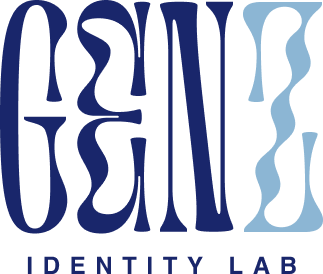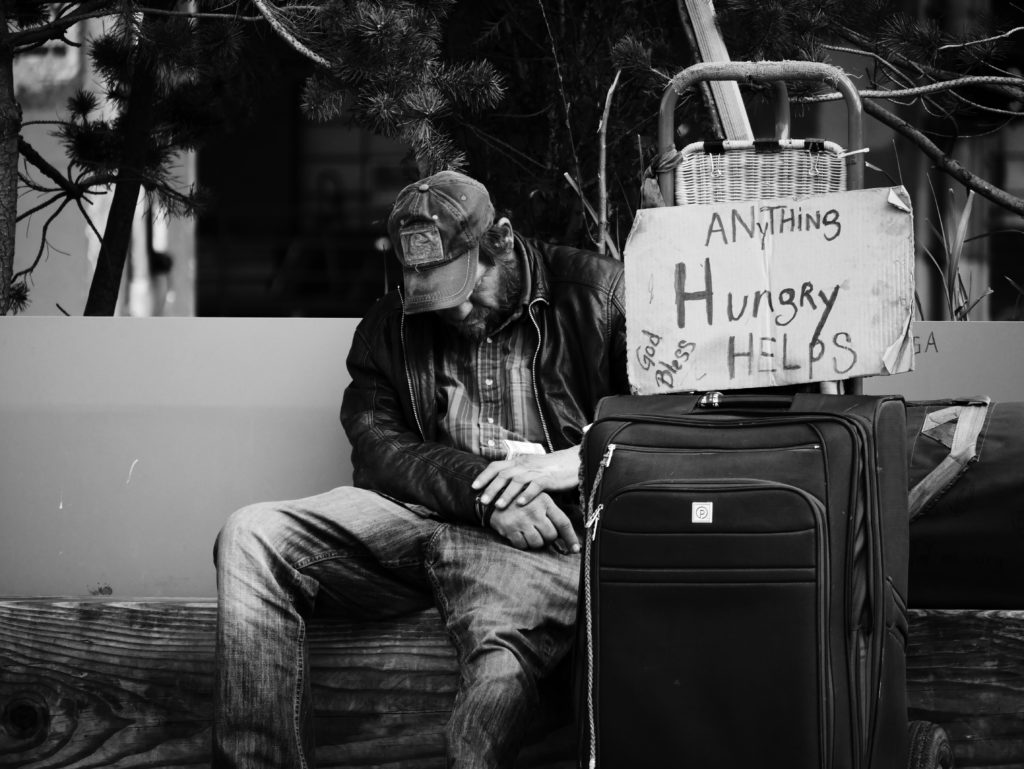Food is at the center of our world.
This may seem like a grand statement, but if one considers our global economy, society, or history, it is clear that food is an essential player in all of them. For instance, the global economy would not be the same without the agricultural and food industries. The meat imported from Canada to the United States fuels the thriving New York City restaurant industry. 780 million people in the world live below the poverty line, and 1 in 7 people in the world are starving. Nearly every day, I see someone in New York City without a home, without a family, and hungry.
One of my first memories of childhood mischief involves eating butter straight from the stick. While this anecdote may sound merely “cute,” or “silly,” (if not frankly quite gross) it reflects my own lifelong interest in food. I know that many of my fellow Gen-Z-ers feel the same way about food — we love it. Who doesn’t? We all need it. It is an essential part of life.
I am starting a new club at my school called FRESH, which stands for Food’s Relationship to Economics, Society, and History. FRESH aims to educate students about many different topics and issues relating to food, in particular food justice and food insecurity. In addition to informing high schoolers, FRESH will collaborate with lower schoolers (the youngest members of the “lower school” are 5 and 6 years old) in service-learning projects. Club members will cook dishes with younger students and inform them about food justice and food insecurity in New York City. We will donate the food to those in need by working with partners including All Souls Soup Kitchen and NY Common Pantry.
FRESH will also host speakers from the New York City restaurant scene, and in meetings club members will discuss the historical and economic and societal implications of a specific food. The first food will likely be butter, a condiment with which I have held a lifelong fascination. In our first meeting, we will eat cheese and crackers and discuss different types of cheeses and cheese production around the world.
From taking well-lit, aesthetically pictures of our food to sporting our favorite ice cream and gelato store’s logo on their computer, (as the founder of FRESH proudly does) Gen Z has an intense, natural curiosity about food. FRESH will channel myself and my peers’ natural curiosity about food into something more powerful, something that can impact other communities as well as just ours. Food justice goes hand-in-hand with global health. With today’s coronavirus worldwide crisis, it is more important than ever that we work together to solve these problems.
Seemingly frivolous activities such as food photography and keeping up with the latest food trends are in fact the quintessential combination of zeitgeisty-cultural curiosity and un-effortless coolness that is Gen Z’s utmost strength, and an important part of our generation’s identity. Gen Z cares—we notice what is going on in our communities and the greater global community, we stay up to date on current events, and we want to help. We not only photograph and admire food, many of us being self-proclaimed “foodies,” but we also volunteer at local food pantries or soup kitchens. We may work hard at being “cool,” but we equate this word with something much more important: kindness.
To quote The Riley’s Way Foundation, an organization that seeks out student led projects that inspire kindness, strengthen communities, and bring people together in an annual “Call for Kindness” — Kindness is empathy in action. I could not agree with this statement more, and the essence of FRESH captures kindness, or empathy in action. Most people, including Gen Z-ers, are naturally empathetic, but in order to put that natural empathy towards helping others into action — students in my community must be informed of the great food injustice in the world. They can then use their privilege and education to achieve food justice. FRESH will put Gen Z’s empathy into action.
You might be thinking—what can Gen Z do to help? Does our young age render us less equipped to work for and one day achieve justice? The answer is a firm “no.” If anything, our youth gives us an advantage in solving the global challenges to which food connects.
My best friend’s eleven-year-old sister plans to attend a NASA camp primarily intended for 13-15 year old boys. She could one day make groundbreaking discoveries about farming in space. She belongs to Generation Alpha, described by Business Insider as “still very young [anyone born after 2010] but on track to be the most transformative age group ever.”
Gen Alpha may be young but they are filled with ambition, purpose, and a desire to learn about our world and how to solve its problems. The best leaders pave the way for future leaders, and that is exactly what FRESH, and Gen Z, will do.
It is important for young people to learn about widespread hunger, as well as the food industry, food in different cultures around the world, and anything and everything else to which this indispensable part of life connects – economics, society, history, and more. Knowledge of all things food-related will be tremendous in leading my generation to one day enact institutional change so that everyone has enough food to eat. This is a long-term goal, but I know that through education, service-learning, and most important kindness, Gen Z (and Gen Alpha) can make it happen.

I’m sixteen years old and live in New York City with my parents, older sister, and dog. I attend The Brearley School where I am Editor-In-Chief of the newspaper, member of the Service Club, member of the School Culture Committee and founder of the FRESH Club. I also participate in The World Leading Schools Association’s Cross Cultural Leadership Program. My interests include food justice, childhood development, social entrepreneurship, the relationship between Gen Z and Gen Alpha, my family, and chocolate.


